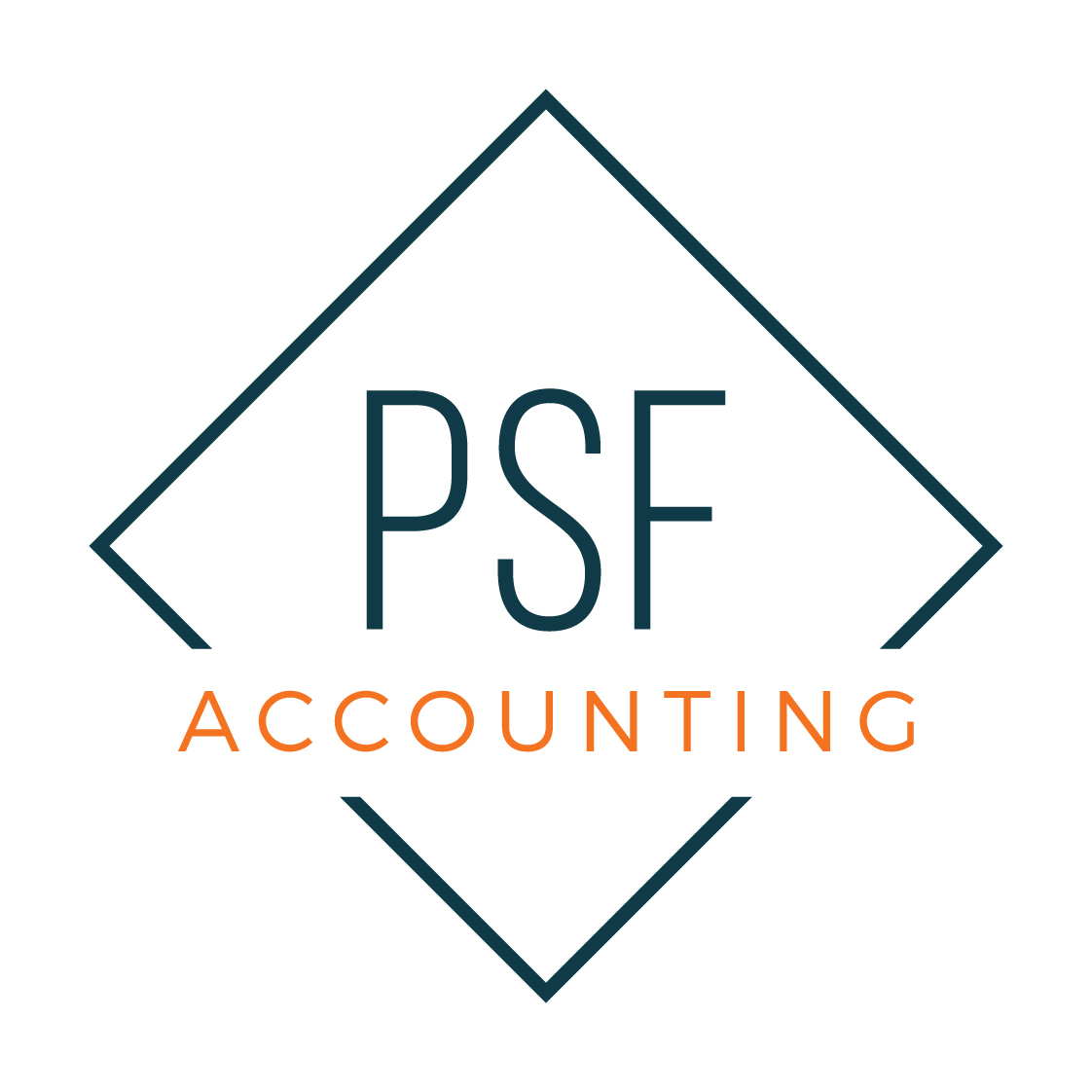Rental Income Tax – a brief overview
The question of how much tax one must pay on rental income frequently comes up, so we have summarised some main points from the HMRC website to explain the following:
How much tax you pay on your rental income profit depends on:
• how much profit you make (profit = rental income + expenses/allowances you can claim)
• your personal circumstances
HMRC are likely to ask you to report your profits on a Self Assessment tax return if your income is:
• £2,500 to £9,999 after allowable expenses
• £10,000 or more before allowable expenses
If you’ve not told HMRC about your property rental previously, you need to do so and register by 5 October following the tax year you had taxable rental profits. If you’re also employed and your rental profits are small enough, you can ask HMRC to deal with your profits by adjusting your PAYE code.
There are different ways to register if you’re:
• self-employed or a sole trader
You’ll need to register for Self Assessment and Class 2 National Insurance as soon as you can after starting your business. You need to do this even if you’ve completed tax returns before.
• not self-employed
If you have to send a tax return and didn’t send one last year, you need to register for Self Assessment by 5 October.
• a member of a partnership
• You’ll need your partnership’s 10-digit Unique Taxpayer Reference (UTR). You can find a UTR if you’ve lost it.
• You must also register your partnership if you’re the ‘nominated partner’
Please see HMRC website for more detail on any of these.
There are different rules to follow if you’re:
Renting a room in your home
You’re a resident landlord if you let out part of a property which is your only or main home.
If so, you’ll have certain rights and responsibilities:
• you’re responsible for keeping the property safe and in good repair
• a tenant or lodger doesn’t have the right to challenge the agreed rent
• you may be able to earn £7,500 per year tax-free under the Rent a Room Scheme
• you can give less notice to end a letting than if you rented out the property as a whole
Letting a property as a furnished holiday letting
• you can claim Capital Gains Tax reliefs for traders (Business Asset Rollover Relief, Entrepreneurs’ Relief, relief for gifts of business assets and relief for loans to traders)
• you are entitled to plant and machinery capital allowances for items such as furniture, equipment and fixtures
• the profits count as earnings for pension purposes
Renting out foreign property
You may need to pay UK Income Tax on your foreign income, such as:
• wages if you work abroad
• foreign investments and savings interest
• rental income on overseas property
• income from pensions held overseas
Foreign income is anything from outside England, Scotland, Wales and Northern Ireland. The Channel Islands and the Isle of Man are classed as foreign.
Letting a property in the UK while you live abroad
• You need to pay tax on your rental income if you rent out a property in the UK.
• You may also need to pay tax if you make a gain when you sell residential property in the UK.
• If you live abroad for 6 months or more per year, you’re classed as a ‘non-resident landlord’ by HM Revenue and Customs (HMRC) – even if you’re a UK resident for tax purposes.
Rates of tax
• The rate of tax you pay depends on your total income for the year including any income from employment, self-employment or pensions.
Changes to tax relief from 6 April 2017
• The amount of Income Tax relief some landlords can get on residential property finance costs will start to be restricted to the basic rate of tax from 6 April 2017.
You’ll be affected if you’re a:
• UK resident individual that lets residential properties in the UK or overseas
• non-UK resident individual that lets residential properties in the UK
• individual who let such properties in partnership
• trustee or beneficiary of trusts liable for Income Tax on the property profits
All residential landlords with finance costs will be affected, but only some will pay more tax.
You won’t be affected by the introduction of the finance cost restriction if you’re a:
• UK resident company
• non-UK resident companies
• landlord of Furnished Holiday Lettings

